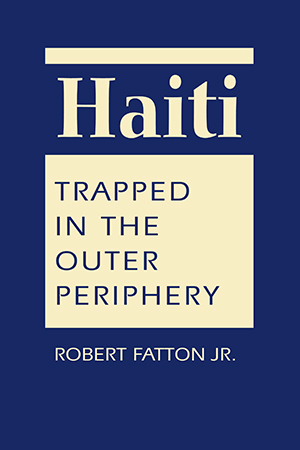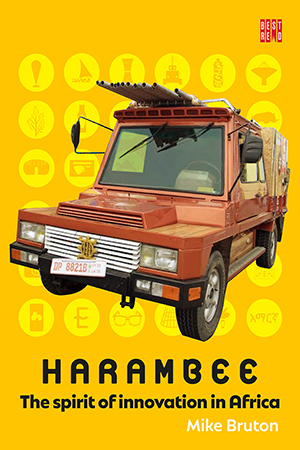BOOKS
How are guns used and viewed by criminals? Where do criminals obtain guns? And how do laws make firearms more or less accessible? Confronting these contentious questions, Guns, Violence, and More >
Hack with a Grenade offers a newspaper editor's perspective on the characters that shape South Africa's psyche. In a book that is one part humor and one part social commentary, More >
With scholars far from agreement in their opinions of Ethiopia's Haile Selassie, the questions remain: Who was Haile Selassie? What was the secret of his survival across half a More >
The collapse of the Duvalier dictatorship in 1986 gave rise to optimism among Haitians in all walks of life—to hopes for a democratic journey leading to economic development, political More >
The inability of the Haitian state to deal with the devastation of the January 2010 earthquake brought into sharp focus Haiti’s desperate social and economic conditions—and More >
In 2012, South Africa's social welfare system came under attack. Enormous sums of money were siphoned from South African Social Security Agency accounts—allegedly with the More >
How many inventions come from Africa? How many African countries have produced their own cars? Why is the M-Pesa mobile money system so important? Is the nature of innovation in Africa More >
James Brasfield explores the full gamut of health policy issues confronting the United States—ranging from Medicare and Medicaid, to the heated controversies surrounding health care More >
The United States has never formally recognized Taiwan as a sovereign state, yet it has provided the country with security assistance since the establishment of the Republic of China (ROC) More >
Veronica Mercier, a sophisticated Caribbean woman teaching and living in Paris, journeys to West Africa in pursuit of her "identity." There, she becomes involved with a prominent More >












![Heremakhonon [a novel]](/uploads/66fb0cf62ccad.jpg)




